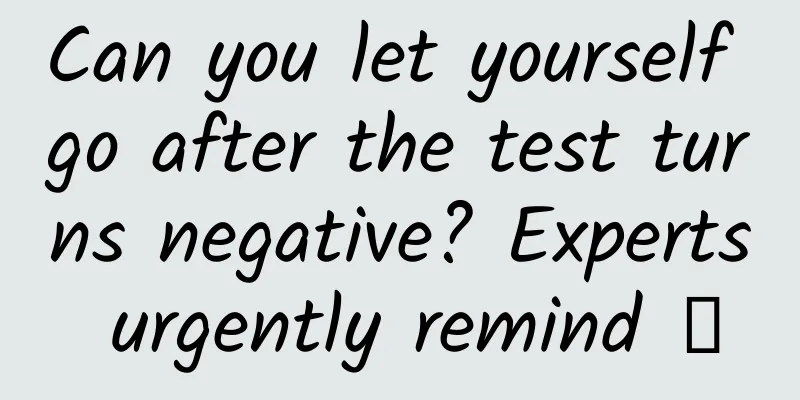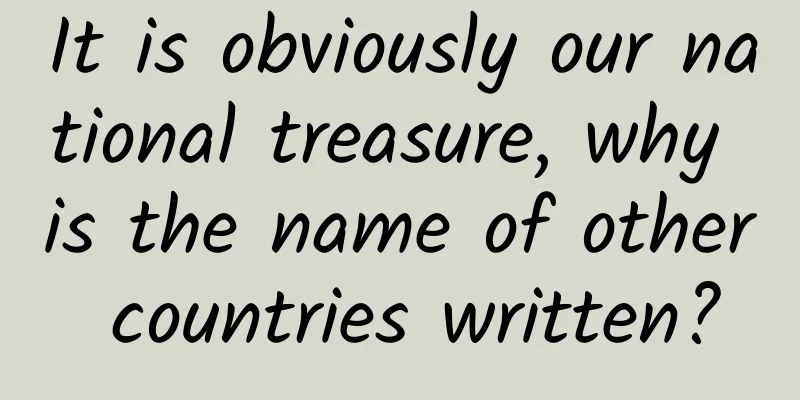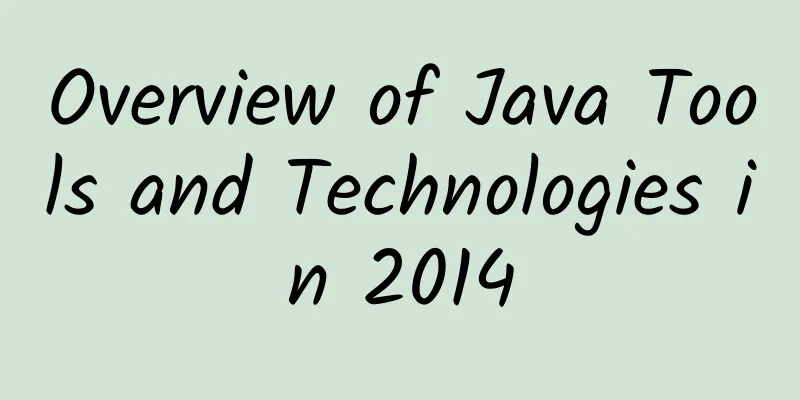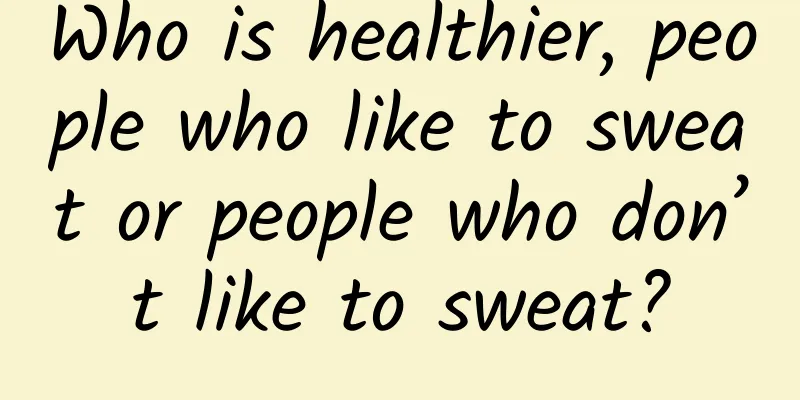Research shows: Those who don’t wear masks or get vaccinated may be narcissistic?
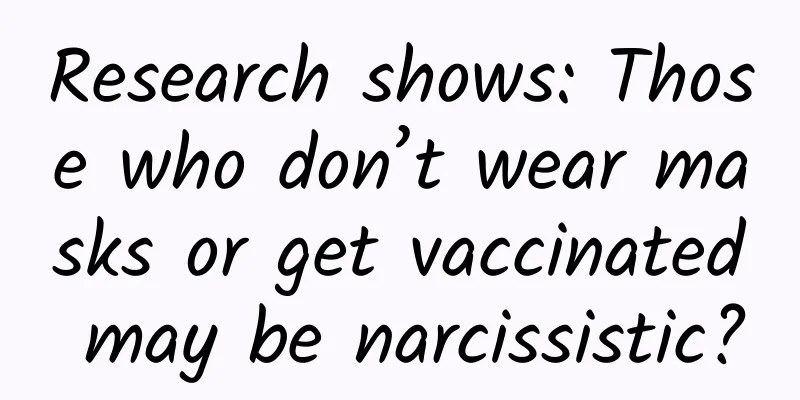
|
Throughout the COVID-19 pandemic, experts have encouraged quarantine measures, such as wearing masks and getting vaccinated, to help reduce the spread of the virus. Despite causing millions of deaths worldwide, to this day, many people still will not wear masks in public to stop the spread of the virus, nor are they willing to get vaccinated to reduce the possibility of harm to themselves and others. Understanding the reasons behind these behaviors is a social and public health imperative. Recently, researchers at Pennsylvania State University published a new study showing that a person's level of narcissism affects their willingness to participate in epidemic prevention policies. Researchers have found that grandiosity and narcissism can have an impact on people's willingness to wear masks or get vaccinated in public. Grandiose narcissistic personality traits are characterized by the pursuit of social status and the desire to be seen as important and admirable by others. At the same time, narcissism is associated with selfishness and egocentrism, and such people are very sensitive to external judgment. The related research was recently published in the journal Current Psychology. For the study, researchers collected information from a representative sample of 1,100 U.S. adults in March 2021. Participants were asked questions about mask-wearing and vaccine behaviors and attitudes, and they also filled out an assessment designed to measure the degree of narcissism in their personality. Finally, participants were also asked about their personal level of concern about COVID-19. After controlling for personal beliefs, risk perception, national policies and other important demographics, the researchers found that participants with higher levels of narcissism were less likely to wear a mask or get vaccinated, and if they did choose to wear a mask, they were more likely to tell others to do the same. Figure | The impact of narcissism on wearing masks and getting vaccinated during the COVID-19 pandemic (Source: Current Psychology) The researchers said the findings could be used to help change future messaging: "If you want to convince high narcissistic people to wear masks or participate in other measures to protect themselves from the virus, make the measures cool and unique to appeal to their personality need to stand out." Take the United States as an example. Since the COVID-19 pandemic, there has been great disagreement among all sectors on the epidemic prevention measures aimed at slowing its progress. For example, some conservatives do not think COVID-19 is a serious threat and are more likely to believe that the media exaggerates the dangers and impacts of the virus. (Source: Pixabay) For this behavioral phenomenon that is difficult to understand with scientific thinking, policy reasons alone cannot explain it, but personality may play a role. In a time when people are being encouraged to wear masks or get vaccinated to help themselves and others, the researchers said personality traits offer a possible explanation for those who don't want to follow the rules. "We've been studying narcissistic traits for some time, and it seems like it may be closely associated with these types of behaviors." Grandiose narcissism predicted less mask wearing and less likelihood of vaccination, a finding that aligns with decades of other research showing that people with higher levels of narcissism are more likely to take advantage of public goods and make others pay for their benefits. (Source: Pixabay) However, if those with higher narcissism were to wear a mask themselves, they were more likely to persuade others around them to do the same. This may seem paradoxical, but it makes sense once you unpack the nature of narcissism: the need for mask-wearing is a function of authority seeking and exhibitionism. In this case, the influence of narcissism depends on the individual and the situation. If a person wears a mask and tells others to wear a mask, it satisfies their authority seeking needs, which seem to eclipse other narcissistic influences. Of course, while extreme narcissism is a diagnosable personality disorder, lesser degrees of narcissism are a normal aspect of everyone's personality. “We all have some level of narcissism, it’s a natural part of all human personalities because we can’t function without it. We all have this part of narcissism, but it can easily be fed by outside information and hijacked into these different stories, which is what we’ve seen during the COVID-19 pandemic. References: https://link.springer.com/article/10.1007/s12144-022-03080-4 https://www.eurekalert.org/news-releases/952261 |
>>: At the moment of Tianzhou launch, let’s see which “delivery guy” has the coolest soaring pose?
Recommend
What would happen to humans if animals started to rebel against them?
This article is based on answering similar questi...
How can educational and training institutions build a closed-loop online private domain marketing ecosystem in 2021?
With the continuous development and progress of s...
Red alert! Typhoon Makar will land here, how should we respond?
As Typhoon Makar is about to land, Hainan raises ...
Traveling to Jupiter to find water
Opening words How do astronauts live in space? Wh...
Can metals be made into glass? You'll never think of its applications
Produced by: Science Popularization China Author:...
Can the "strong carcinogen" formaldehyde really be stopped from the source? Scientists give a new answer
One C, two H and one O, through chemical reaction...
"China's Compound Eye" makes another big move!
Will an asteroid hit the Earth? How to observe th...
How brands can be revitalized through private domain marketing
Since the concept of private domain marketing has...
Original, pure, and magnificent! Explore China's least-known "no man's land"
Human civilization spreads across all continents ...
Do probiotics really work?
Are bacteria really harmful and useless? The answ...
Short video account positioning and operation methods!
In the process of operating short video accounts,...
What are the functions of Foshan Nail Salon WeChat Mini Program? How to make a manicure appointment app?
The love of beauty has existed since ancient times...
Without the traffic from NetEase and Alipay, how can ordinary products spread themselves and go viral?
There are unknown secrets behind every screen-swe...
This female mathematician has a poet's soul. Each of her papers is worth a doctorate degree.
“It is impossible to be a mathematician without h...
Zhang Yunhui's lecture on "A Lesson in Feng Shui", the knowledge structure of Yijing Feng Shui
Zhang Yunhui's lecture on "A Lesson in F...
